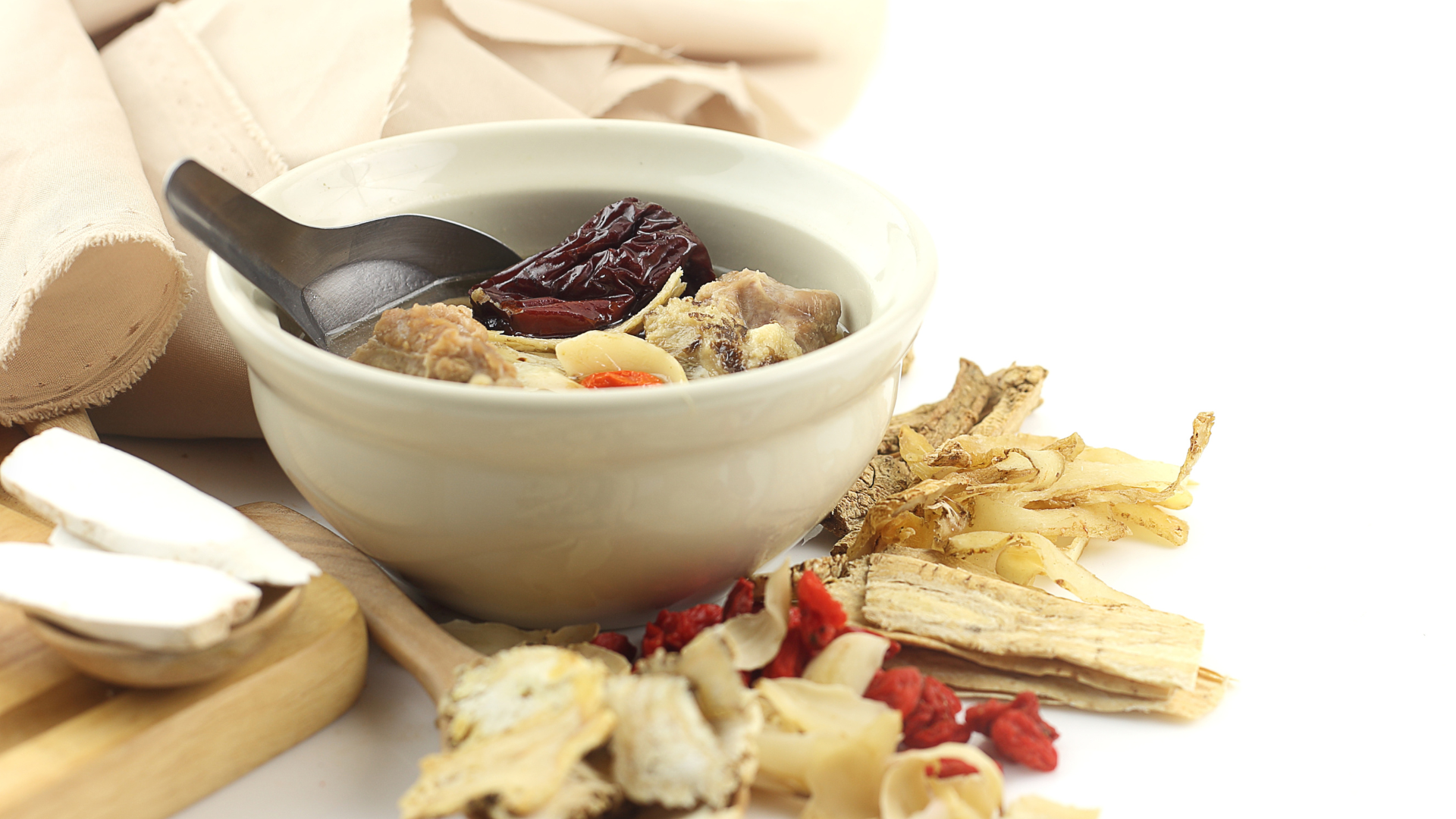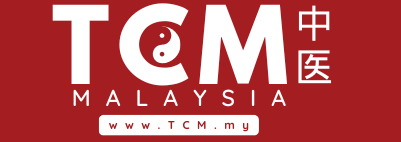Introduction
The postpartum period, often referred to as the “fourth trimester,” is a time of immense physical and emotional change for new mothers. In Traditional Chinese Medicine (TCM), this period is considered a critical window for healing and replenishment. TCM emphasizes restoring balance, nourishing the body, and supporting emotional well-being during this time. This article explores how TCM can help new mothers recover and thrive after childbirth.
The TCM Perspective on Postpartum Recovery
In TCM, childbirth is seen as a significant depletion of Qi (vital energy) and Blood. The body is considered to be in a state of “deficiency” and “cold” after delivery, making it essential to focus on warmth, nourishment, and rest. The goal of postpartum recovery in TCM is to:
- Replenish Qi and Blood.
- Warm the body and dispel cold.
- Support emotional balance and mental clarity.
Key Principles of Postpartum Recovery in TCM
1. Rest and Warmth
- Why:
- After childbirth, the body is vulnerable to cold and external pathogens. Keeping warm helps restore Yang energy and promotes healing.
- How:
- Avoid cold foods and drinks.
- Dress warmly, especially covering the abdomen, lower back, and feet.
- Use warm compresses or heating pads on the abdomen to support uterine recovery.
2. Nourishing Foods
- Why:
- Proper nutrition is crucial for replenishing Qi and Blood lost during childbirth.
- How:
- Focus on warm, cooked, and easily digestible foods.
- Incorporate blood-nourishing ingredients like bone broth, black sesame seeds, and dark leafy greens.
- Avoid raw, cold, or greasy foods, which can weaken digestion.
3. Emotional Balance
- Why:
- Hormonal changes and the demands of motherhood can lead to emotional imbalances, such as postpartum depression or anxiety.
- How:
- Practice mindfulness, meditation, or gentle breathing exercises.
- Seek support from family, friends, or a TCM practitioner.
- Use calming herbs like rosebuds or chrysanthemum in teas.

TCM Dietary Recommendations for Postpartum Recovery
Food is medicine in TCM, and the right diet can significantly speed up recovery. Here are some TCM-inspired dietary tips:
1. Foods to Replenish Qi and Blood
- Bone Broth: Rich in collagen and minerals, it supports joint health and replenishes Qi.
- Black Sesame Seeds: Nourish Blood and support hair health (postpartum hair loss is common).
- Red Dates (Jujube): Strengthen Qi and Blood, and promote relaxation.
- Goji Berries: Boost energy and support immune function.
- Fish: Easily digestible and rich in protein, help rebuild strength
2. Warming Foods
- Ginger: Warms the body, aids digestion, and reduces cold.
- Cinnamon: Promotes circulation and dispels cold.
- Sweet Potatoes: Nourish the Spleen and provide sustained energy.
3. Herbal Soups and Teas
- Postpartum Herbal Soup: A traditional Chinese soup made with herbs like Dang Gui (当归 Angelica root), Huang Qi (黄芪 Astragalus), and Shan Yao (山药 Chinese yam) to replenish Qi and Blood.
- Red Date and Longan Tea: A soothing drink to boost energy and calm the mind.
TCM Herbs for Postpartum Recovery
TCM herbs are often used in combination to address specific postpartum issues. Always consult a licensed TCM practitioner before using herbs, especially if breastfeeding.
1. Herbs to Replenish Qi and Blood
- Dang Gui (当归 Angelica root): Known as the “female ginseng,” it nourishes Blood and regulates menstruation.
- Huang Qi (黄芪 Astragalus): Strengthens Qi and supports immune function.
- Shu Di Huang (熟地黄 Rehmannia): Nourishes Blood and supports kidney health.
2. Herbs to Promote Healing
- Yi Mu Cao (益母草 Motherwort): Helps with uterine contractions and reduces postpartum bleeding.
- Pu Gong Ying (浦公英 Dandelion): Clears heat and supports lactation (if breastfeeding).
3. Herbs for Emotional Support
- He Huan Pi (合欢皮 Mimosa bark): Known as “collective happiness bark,” calms the mind and relieves stress.
- Suan Zao Ren (酸枣仁 Ziziphus seed): Promotes restful sleep and reduces anxiety.
TCM Lifestyle Tips for Postpartum Recovery
1. Rest and Sleep
- Prioritize rest to allow the body to heal. Aim for short naps when the baby sleeps.
- Avoid overexertion, as it can deplete Qi and delay recovery.
2. Gentle Movement
- Practice gentle exercises like Qi Gong or postpartum yoga to promote circulation and relaxation.
- Avoid strenuous activities until fully recovered (usually after 6-8 weeks).
3. Acupuncture and Moxibustion
- Acupuncture: Helps regulate Qi, reduce pain, and support emotional well-being.
- Moxibustion: A warming therapy that uses mugwort to strengthen Qi and dispel cold. It’s particularly beneficial for healing the abdomen and lower back.

Common Postpartum Issues and TCM Solutions
1. Fatigue
- Solution: Focus on Qi-boosting foods like red dates, goji berries, and astragalus. Consider acupuncture to restore energy.
2. Low Milk Supply
- Solution: Use galactagogue herbs like Fenugreek or Pu Gong Ying (浦公英 Dandelion). Stay hydrated and eat nourishing foods.
3. Postpartum Depression
- Solution: Practice mindfulness, seek emotional support, and use calming herbs like rosebuds or chrysanthemum.
4. Uterine Pain or Bleeding
- Solution: Use herbs like Yi Mu Cao (益母草 Motherwort) to promote uterine healing. Avoid cold foods and drinks.
When to Seek Professional Help
While TCM offers many tools for postpartum recovery, it’s essential to consult a licensed TCM practitioner or healthcare provider if you experience:
- Severe pain or excessive bleeding.
- Symptoms of postpartum depression or anxiety.
- Difficulty breastfeeding or low milk supply.
Conclusion
Postpartum recovery is a sacred time for healing and bonding with your newborn. By incorporating TCM principles—such as nourishing foods, warming therapies, and emotional support—you can restore your energy, replenish your body, and embrace motherhood with vitality and joy. Remember, every mother’s journey is unique, so listen to your body and seek guidance when needed.🙂

Actionable Takeaways
- Start your day with a warm bowl of bone broth or red date tea.
- Incorporate blood-nourishing foods like black sesame seeds and dark leafy greens.
- Practice gentle movement or meditation to support emotional well-being.
- Consult a TCM practitioner for personalized herbal remedies or acupuncture.
FAQ About Postpartum Recovery in TCM
Q: How long should I follow TCM postpartum practices?
A: The traditional "sitting month/confinement 坐月子" 30-40 days is a common guideline, but recovery can take longer. Listen to your body and continue nourishing practices as needed.
Q: Can I use TCM herbs while breastfeeding?
A: Many TCM herbs are safe for breastfeeding, but always consult a practitioner to ensure they’re appropriate for you and your baby.
Q: Is it normal to feel emotional after childbirth?
A: Yes, hormonal changes and the demands of motherhood can cause mood swings. TCM offers tools to support emotional balance, but seek help if symptoms persist.
Thank you so much this is so well written and easy to understand super helpful!
No problem!